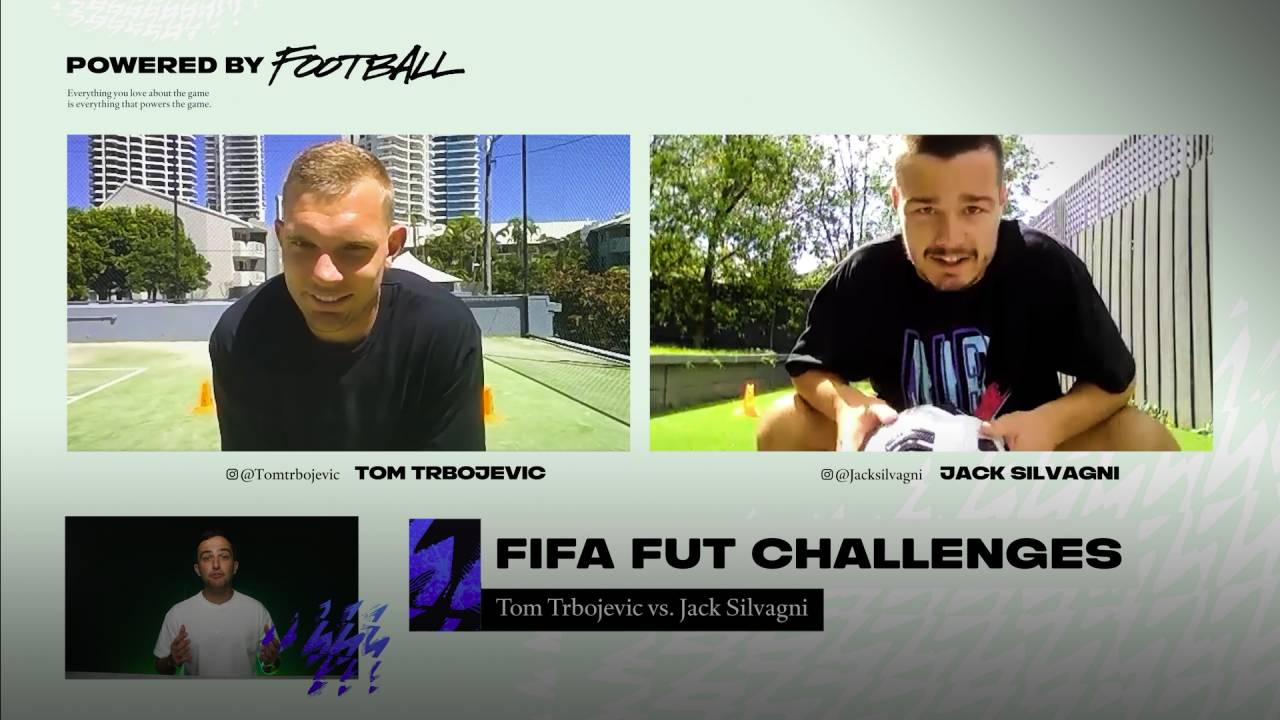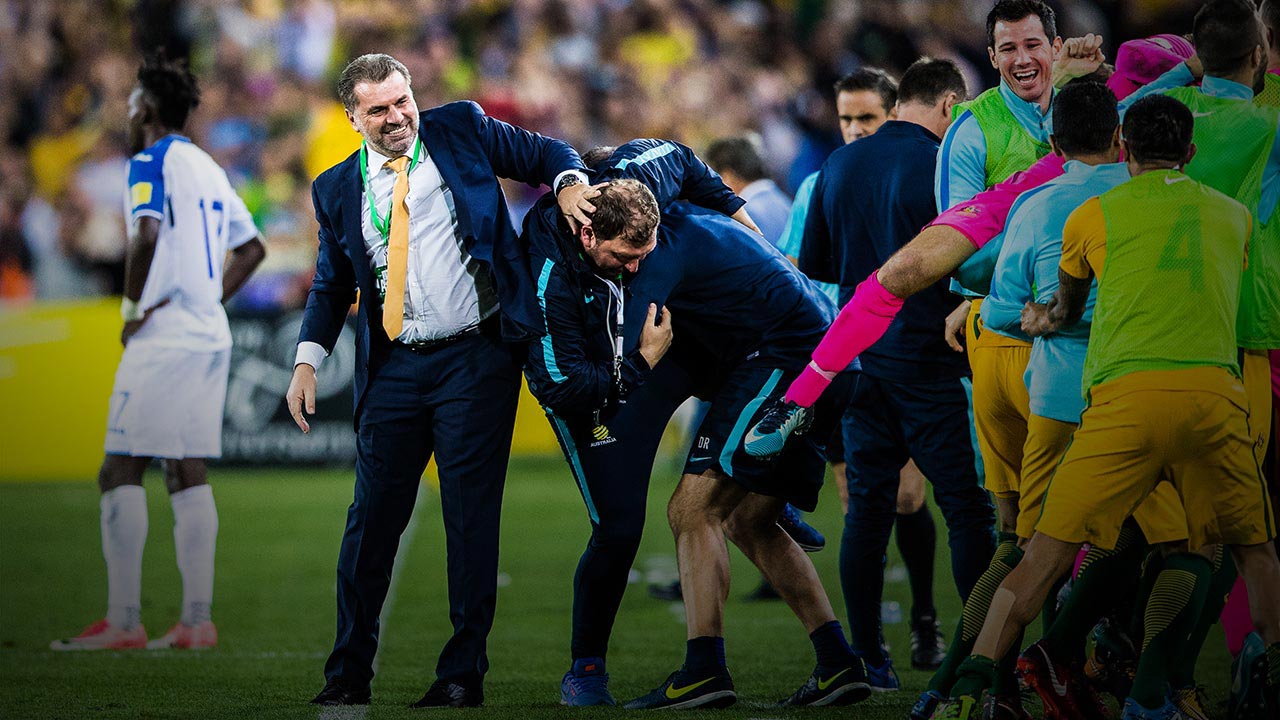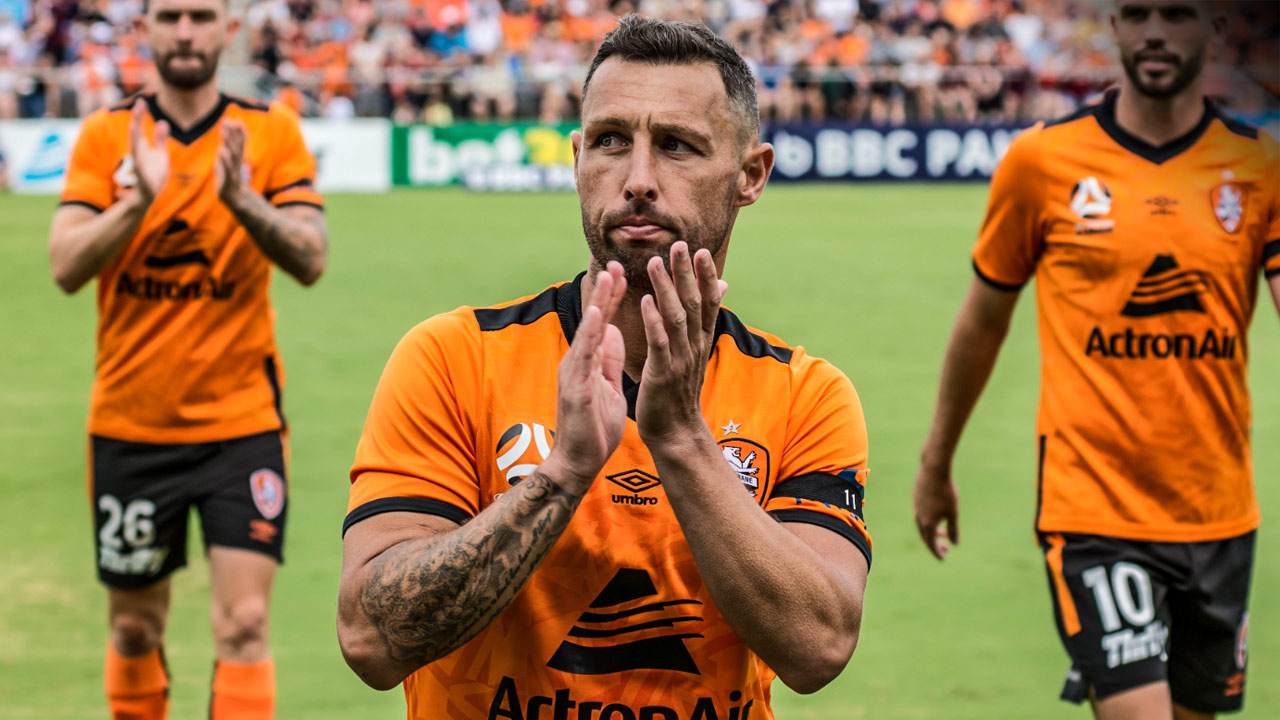The World Cup odd couple
One of the greatest gifts of football is it allows you to see the world, learn and experience different languages, cultures and people.
I loved that aspect of the game, and going to Korea and Indonesia in recent years was more about taking advantage of our last chance to head back overseas, because I always wanted to settle down and have my kids start school in Australia.
In terms of fan engagement and the metrics around all that, I can understand why the FFA would want to tie in with Indonesia on a bid for the World Cup.
It probably strengthens the Australian bid when you look at population, GDP growth and similar metrics that you can hang your hat on for the Indonesian side of things. But with more than 250 million people in a developing country, comes a lot of logistical and organisational challenges.
Football is a religion there. It’s unbelievable. Every game, the atmosphere is ridiculous (in a good way), stadiums always sold out. I don’t know what their safety rules are but I’m telling you those stadiums are packed to the rafters, literally.
The cultures are very different as well. If they can collaborate and make it work, well that would just optimise football and its ability to bring people, cultures and the whole world together.
However, you’re talking about two very big countries and a World Cup that is going to have a lot of travel.
So, in theory the idea makes sense. In reality, I don’t know how practically possible it is. I do applaud the endeavour and the willingness to try and make it happen.
Indonesia could definitely host the World Cup but it would take a lot of work. They need to start with infrastructure.
I played a game there last year and in the middle of the warm-up there was a blackout in the stadium.
So we’re not just talking road/rail type infrastructure for fans and the general public, we’re also talking about the generation and reliability of power.
It’s a developing country, so you are going to have all those issues they have daily in the developing world and we often take for granted in developed countries.
Is the World Cup potentially the push that improves the whole country? Can it start to provide the things we take for granted here?
Without the World Cup it probably doesn’t happen. And FIFA has started to take the tournament to countries where people didn’t traditionally expect World Cups to be held.
Maybe that’s a geopolitical angle they lean on from time to time, in terms of improving the world in general through football. And I think a World Cup in Indonesia would definitely help that.

It was a great experience playing there. Very different after being in a super-organised country like South Korea, like yin and yang.
I have two young kids, so in Indonesia I had to plan where and when I went places because so many people just come up to you, take photos without asking, try to touch the kids, pinch their cheeks. It was anarchy, and the little ones weren’t too keen on all the attention.
As my son got older, he asked, ‘Papa, why does everyone take a photo with you. That’s weird.’ I would agree with him, ‘Yeah it’s weird’. I would explain that, ‘Maybe it’s because your dad’s a nice guy and that’s why you should be friendly with everyone.’
Trying to explain it to them was funny. For a period there, they hated photos and any form of camera. Even at his preschool photo day he had meltdowns. To get his visa photo I had to give him an Any Given Sunday-style pep talk.
On the pitch it was rather unorganised. You were ready for a game and then ‘that team’s not coming anymore’, so the game doesn’t happen.
I would be sitting in the change room thinking, ‘I’ve been working all week towards the game. How can you just cancel a game? Or postpone the league for two weeks?’ Or in, the example of a league start date, it was pushed back a number of months?
In the middle of the season last year it was a constantly moving beast, however when all is said and done I can honestly say that I did enjoy my time in Indonesia.
South Korea was fantastic. I was in Suwon, surrounded by really friendly people. Clean, organised and internet that was much better than our NBN!
Training was hard and there was a military-like culture, very hierarchical. You had to bow to the coach, bow to the captain of the team, and players who were generally older than you. On the flip side, the younger players would bow to you, so that was an interesting daily experience.
If the captain was a younger player, they’d pay respect to the elder players in the team before and after training.
I really admired that they’ve kept their traditions, because in this day and age tradition doesn’t seem to hold as much value in many parts of the world.
‘Papa, they’re praying’
It was an interesting time off the field. North Korea were shooting rockets towards Japan, testing the capability of their ballistic missiles.
I was at the Australian embassy one day and remember asking, ’So are we good here, or…?’ They always seemed really relaxed.
I was always interested in international relations and it piqued my interest in the strategy of the region. What the North Koreans were trying to achieve with their ballistic missile program, the importance of the region to the US and China, etc.
It was an interesting period to be on the ground and experiencing it.
And the football was great, the infrastructure world-class. The standard of football is really high, with very few poor players.
You go from Korea where everything is world-class and organised and at a high level to Indonesia where they don’t have a great belief in schedules, the infrastructure is wanting, and a lot could be done to bring football lovers a better product. After all, the whole country is ferociously passionate about the game.

I want my kids to be global citizens, understand everyone is different, and that there are many different traditions, and hopefully as they get older they’ll be able to see different points of views and understand them. If there are conflicts or debates that arise as they get older, they’ll be able to come to a rational view and their own conclusions and not be swayed or biased, or only know one way.
Football has given me the ability to live in Turkey and see the world from a Muslim point of view, live in Korea and see it from their point of view, live in China and see the world through their lenses, get to Indonesia and see it from that point of view.
I come into my new career with a broad range of contacts, a strong global perspective and strong relationships.
Living abroad has also been good for the kids. My son heard some music in a car park recently and he said ‘Papa, they’re praying.’ I had to explain to him, ‘No, no that’s not the Muslim call to prayer in Australia.’ He was so used to hearing the mosques in Indonesia.
It’s so awesome having those conversations with him, his eyes and mind are wide open.
You explain it all to him and seeing that lightbulb going off in his head, it’s really rewarding. It’s in there and as they get older hopefully having a global understanding will allow them to navigate the world a bit better.
The ability for them to understand the world and make rational decisions based on the evidence that’s presented to them will be a benefit going forward in what’s becoming a more complex world.
More about: A-League | Adelaide United | FIFA World Cup | Socceroos




 Load More
Load More